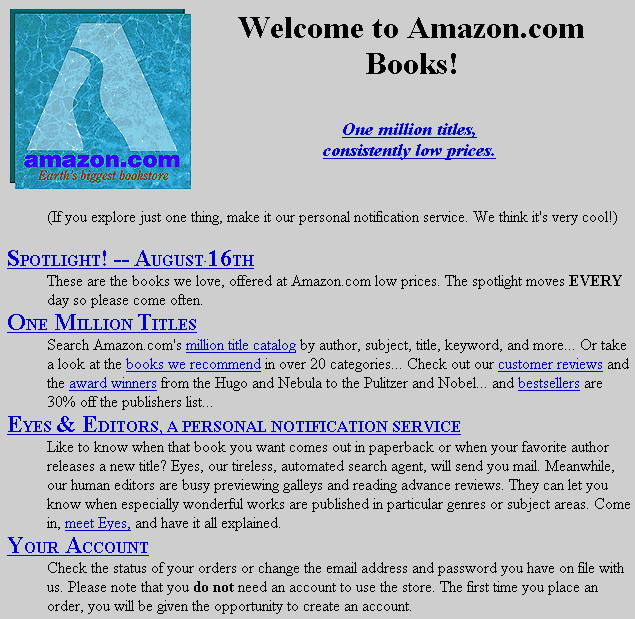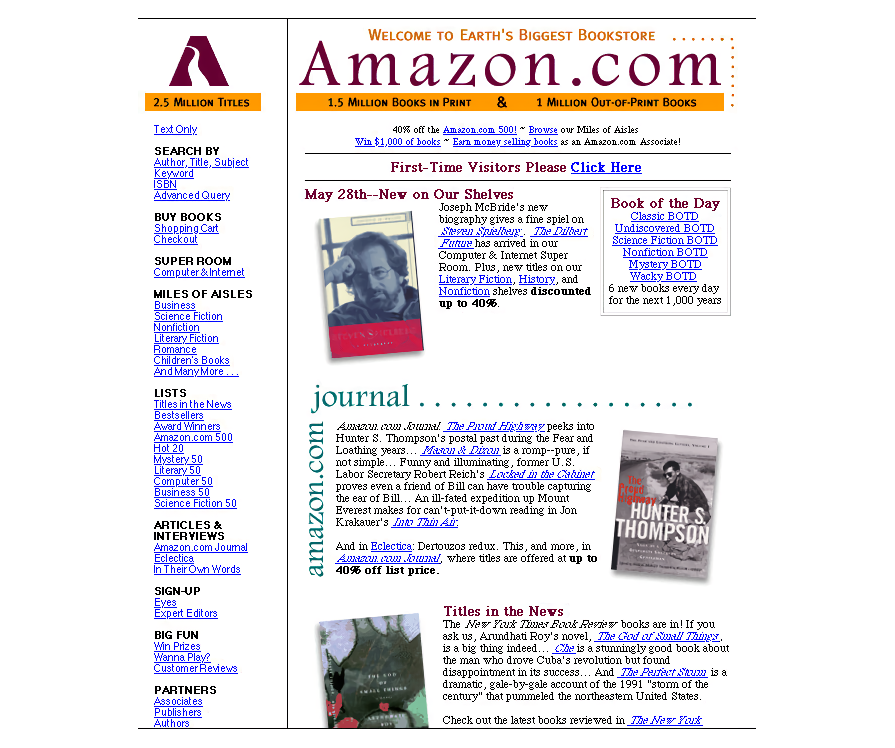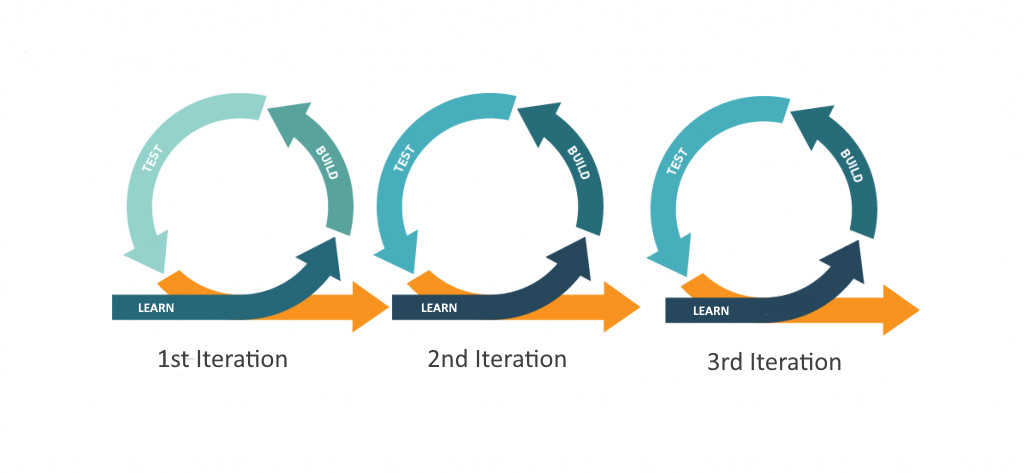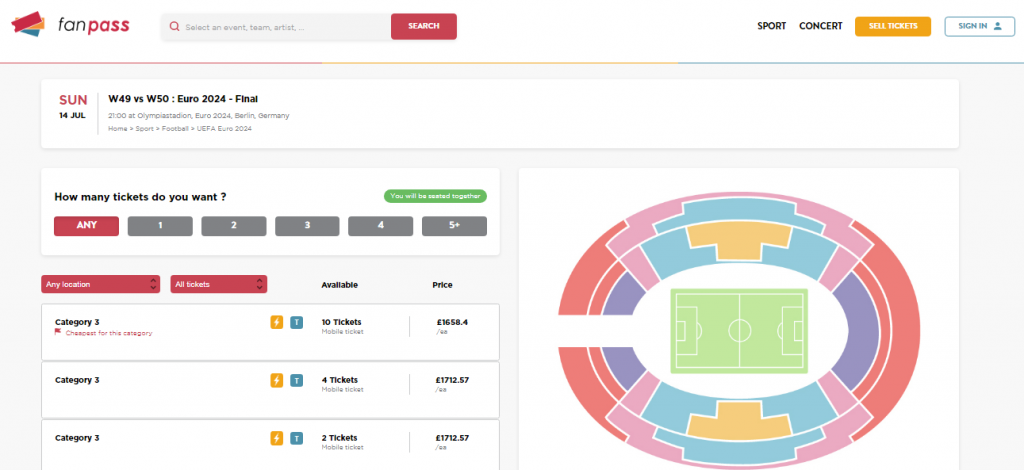Building a successful online marketplace isn’t a one-shot deal. It’s an ongoing journey of discovery, adaptation, and evolution. This is where iteration, the cornerstone of agile marketplace development, takes centre stage.
Iteration is a process of building, measuring, learning – constantly refining the product based on user feedback and market data. This approach is crucial to avoid the pitfalls of a bloated, unusable product – a Frankensteinian monstrosity of features that nobody loves.
Frankenstein vs. Phoenix: the iteration difference
Imagine launching a marketplace with every feature under the sun, a “kitchen sink” approach driven by grand ideas rather than user needs. This could result in an overwhelming, confusing interface, slow loading times, and features that nobody uses. This Frankensteinian product becomes a burden to maintain and fails to attract or retain users.
In contrast, an iterative approach allows you to build a Minimum Viable Product (MVP) – a core version of your marketplace with the essential functionalities needed to validate your concept and capture user feedback. This MVP is like a phoenix rising from the ashes. It may not be feature-rich, but it’s functional and allows you to gather real-world data based on user behaviour.
This minimalist approach has been successfully adopted by pretty much 99.9% of the world’s most successful online marketplaces, from Airbnb to Amazon.
Have a look at the below image. The first version of Amazon.com (1995) was a pretty barebones affair. Only one product type, books, was on offer, supported by a limited number of features. Navigation consisted of simple links and a basic search engine. There was a notification service that let users know via auto-generated email when their favourite books were added to the catalogue was one of. It also featured the first iteration of Amazon’s famous product review feature.
But it gave Jeff Bezos enough data to plan the next iteration of his marketplace, as we elaborate on in this Amazon case study. The 1997 version of Amazon.com (see second image below) offered an easier-to-use interface with improved navigation and a more prominent review system. That same year Amazon went public at a market valuation of $438 million – only 2 years after launching!


The MVP to MVP Journey
Iterative marketplace development is a process that guides you on a path of continuous improvement, moving from low-fidelity MVP to high-fidelity MVPs. Here’s how it works:
Gather Feedback: After launching your initial MVP, the real learning begins. Collect user feedback through surveys, user interviews, A/B testing on different features, and user behaviour analytics. Don’t just rely on vanity metrics like active users or page views; identify user pain points, areas of confusion, and features they find most valuable.
Prioritise Based on Data: Analyse the data to see which features resonate with users and which ones are causing friction. This data-driven approach helps you prioritise improvements and determine if specific features need to be tweaked, removed, or replaced.
Iteratively Refine: Based on the data, plan the next iteration of your marketplace. This could involve adding new features, streamlining existing ones, or improving the user interface for a smoother experience. The key is to focus on measurable improvements that directly address user needs and business goals.
The Continuous Cycle: This process becomes a continuous feedback loop. Each new iteration is built on the insights gleaned from the previous one. This iterative approach allows you to incrementally improve your marketplace, ensuring it remains relevant, user-friendly, and competitive.

The Power of Collaboration
A successful iterative process hinges on close collaboration between the marketplace development agency and the entrepreneur. Here’s why:
Shared Vision and Goals: At the outset, both parties should co-create a clear vision for the marketplace, defining objectives, target audience, and key success metrics. This shared understanding ensures everyone is working towards the same goals and ensures the iterative process stays focused.
Transparent Communication: Regular and open communication is vital. The development team should keep the entrepreneur informed of progress, challenges encountered, and potential solutions. The entrepreneur, in turn, should articulate any shifts in vision or priorities, ensuring the team can adjust the development roadmap accordingly.
Data-Driven Decisions: Both sides need to be data-driven. The development team provides user data and analytics insights, while the entrepreneur shares market trends and competitor analysis. This collaborative exploration of data fuels informed decision-making about priorities and feature development in each iteration.
Flexibility and Adaptability: The online marketplace landscape is constantly evolving. Both entrepreneurs and software development agencies need to be open to unexpected learnings and adapt the development plan when needed. This flexibility allows them to take advantage of new opportunities or address emerging market trends through iterative tweaks and features.
Further Benefits of Iteration
The benefits of an iterative approach extend far beyond avoiding the Frankensteinian product:
- Reduced Risk: By starting with an MVP, you limit upfront investment and minimise the risk of building a product that nobody wants. You can learn more about risk management in marketplace development here
- Faster Time to Market: Iterative development allows you to launch quickly with a core offering and gather user feedback early. This accelerates your path to market dominance.
- Enhanced User Experience: Each iteration is informed by user data, leading to a marketplace that is intuitive, user-friendly, and addresses the specific needs of your target audience.
- Cost Efficiency: Focusing on the most impactful features first ensures you’re investing resources wisely. This can make marketplace development more cost-effective in the long run.
Marketplace entrepreneurs should therefore carefully consider their development partners in terms of the above. Do they offer a transparent and collaborative process that leverages iteration to ensure the best possible results at the lowest possible risk?
Event ticketing marketplace, FanPass, have released 43 versions of their platform since 2016. That approach secured them £50,000 sales per day in the first eight months after launch!


